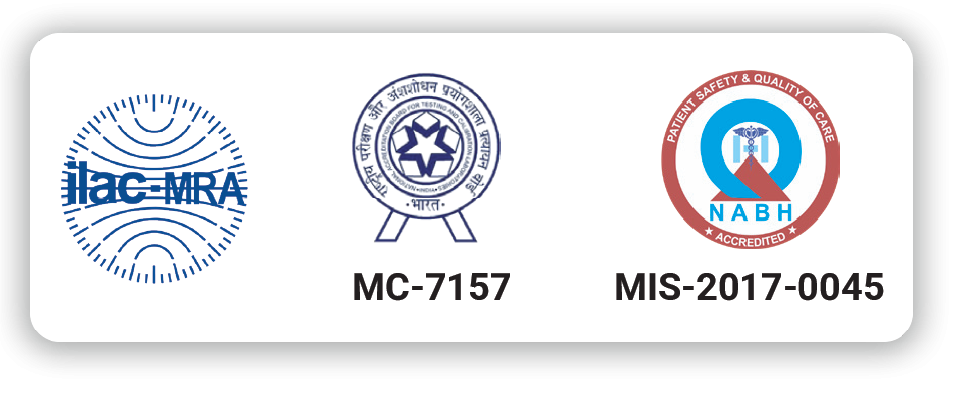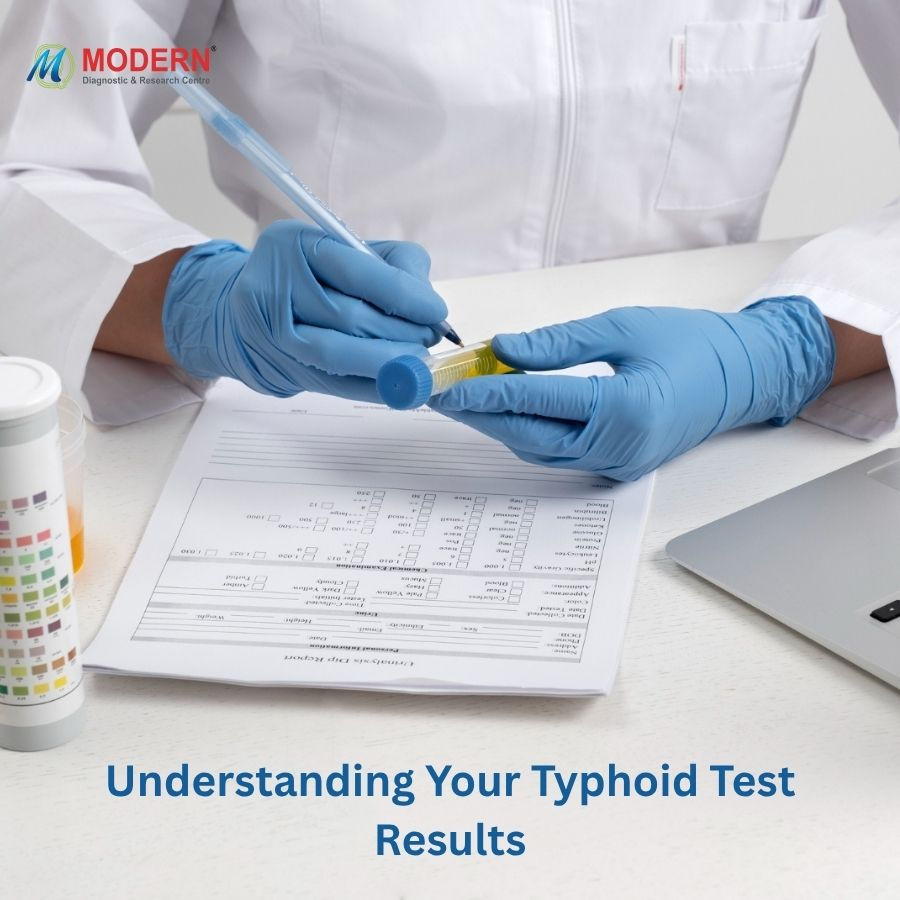If eating a dairy product or any certain food item resulted in swelling of throat or rashes, red patches and itchy skin and playing with a dog or cat makes you sneeze, then do not consider these symptoms normal because you may have allergies to dairy products, certain food item or your pet's hair etc. A study in the USA shows one out of three people have some kind of allergy. If you are allergic to something then getting in contact with that item will show some kind of reaction on your body whether you will sneeze, cough, rashes, itching skin or shortness of breath. Symptoms of allergy can range from mild to life-threatening. Therefore getting an allergy test, being aware of your condition and knowing the ways to manage it, are very important. There are several ways for doctors to diagnose allergies, how severe the symptoms are or the ways to manage it to minimize their effects on body and regular day-to-day life. Let’s find out what allergy is its cause, tests and management.
What is Allergy?
An allergy is a response of immune system towards a foreign agent or allergen. This foreign agent or allergen is not necessarily harmful to your body but somehow your immune system counts those allergens as invaders and reacts vigorously to destroy them. Symptoms can vary from mild to severe. Immune system is responsible for keeping you safe from the germs and pathogens that make you ill but sometimes your immune system mistakes a harmless substance for some invader and reacts strongly by releasing antibodies to destroy it which will have side effects on your body, sometimes your immune keep attacking the site even after destroying the foreign substance.
Doctor’s queries to diagnose allergy -
• Health history – This is an initial stage of the diagnostic test where doctor will ask you questions about your general health, how frequent the symptoms, or what is the range of symptoms. To draw a parallel if the symptoms are common in some other diseases as well like asthma or eczema.
• Family history – Your doctor will also ask you about your family. If someone in your family has the same symptoms or if one of your close blood-relative are also allergic to something.
• Physical examination – The next step involves complete physical test, which will emphasize more on your chest, eyes, nose, ears, throat and skin.
• Allergy test – After doing the physical test, your doctor will perform skin test or blood test to confirm and determine the main cause of the allergy.
Types of allergy tests –
Skin tests for allergy –
In an allergy skin test, a small amount of allergen in liquid form like pollen, mold dust mites, pet saliva, or food is used on your skin. Once you come in contact with the allergen, it will trigger some kind of reaction. Based on this, a diagnosis is prepared for you.
There are mainly three types of allergy skin tests –
Scratch test – Doctor will clean a small area on your arm and encircle it for testing then drop a small amount of potential allergen inside that encircled area on your skin. In next step, he will scratch the outer layer of skin of the encircled area which will allow the allergen to reach a deeper layer of skin.
This method is also called prick test.
Intradermal test – In this test doctor takes a direct approach, after cleaning a spot on your skin, he directly injects a small amount of potential allergen into your skin to observe the response.
Patch test – a small amount of potential allergen is put on a patch and that patch is placed on your arm or back to diagnose the allergy.
Skin tests for allergies require little preparation. If you are taking certain medicine, talk to your doctor about it. He may ask you to skip the medicines if they influence the result of the skin test. Before the tests, do not take any medicines that give you relief from the allergic symptoms.
Skin test may result in mild irritation and itch because it will trigger the response from your immune system. But it will resolve on its own after sometime, the reaction will be mild because of the small amount of allergen used on your skin. However, if you develop severe symptoms or fever, difficulty in breathing or rashes throughout your body, inform your doctor immediately.
Blood test for allergy -
If you are on some medication that you cannot skip for the skin test or you are uncomfortable with the skin test or fear that reaction will be strong, or have asthma, heart disease or severe eczema then you discuss your doubts with your doctor and go for a blood test.
When your body comes in contact with an allergen, the immune system releases antibodies to destroy the allergen. These antibodies’ response strongly resulted in allergy symptoms. In the blood test, the doctor aims to find the amount of antibodies present in your blood to reach a correct conclusion of your case. The most common blood test used to diagnose allergy is Phadiatop. In this test, the reaction of blood with an allergen is observed to diagnose the allergies. This is one of the most reliable tests to diagnose allergy as it has an accuracy rate of 90%.
Allergy blood test is used in the following cases -
• You cannot skip medicines that you are taking which may influence the results.
• You are not comfortable with skin test for allergy.
• You have a heart disease or uncontrolled asthma.
• Have severe eczema or any other skin diseases.
• Your allergic reactions trigger life-threatening symptoms.
















